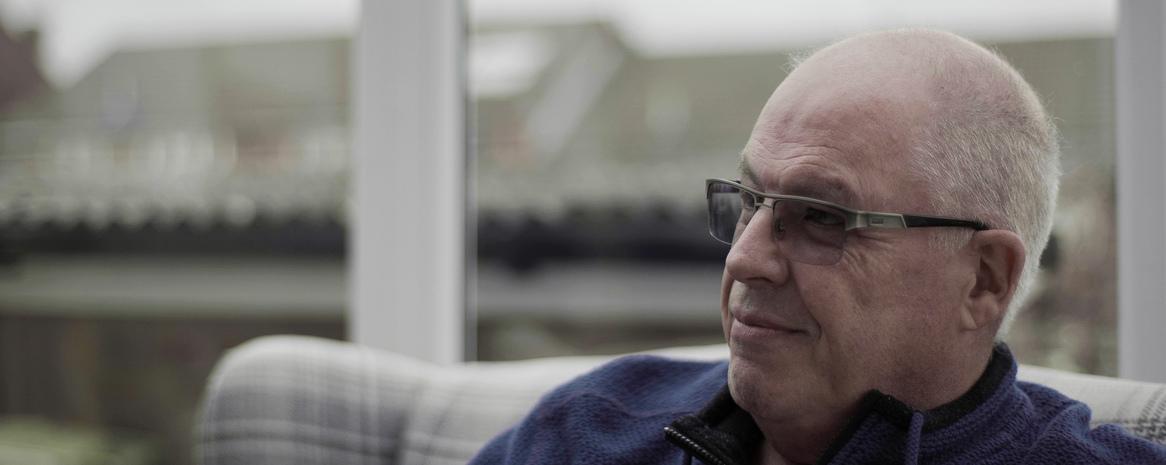Taking it all in
When Thomas’ diagnosis happened, the whole family were quite shocked and frightened, but we all worked hard together to learn all about diabetes and how to look after it. It’s safe to say we were a little stunned and apprehensive about the future.
Our local paediatric team were our lifeline – they were so patient and understanding in getting us through the first difficult year and beyond. Within the first hour or two of my son’s diagnosis, we were armed with an array of training resources – while it was overwhelming with so much to absorb, no question was silly to the nurses or dietician and they didn’t mind explaining things two, three or even four times! In the days that followed, then came the hypos.
Initially they were scary, but as time went by, Thomas learned how to take these occurrences in his stride and worked hard to treat them. This still takes much thought and needs constant conscious effort every day.
"Overall, he grasped looking after his diabetes really well – he has never complained and has always maintained a positive attitude."
When my husband was diagnosed with type 1 diabetes, the shock and worry naturally returned but if we dare say, we felt better equipped. Right away my husband wanted to make a positive impact on diabetes research and signed up to take part in medical research trials at our local university.


